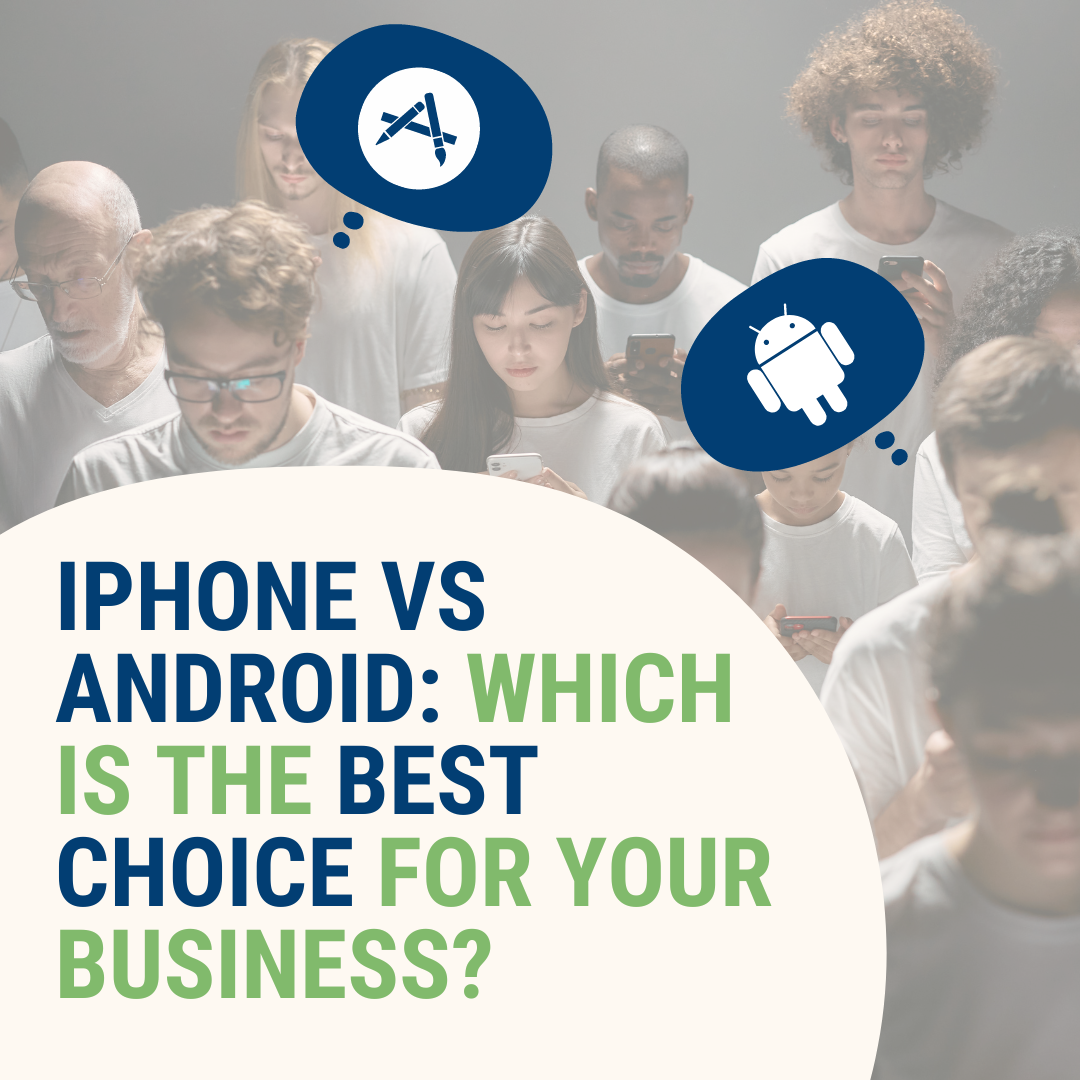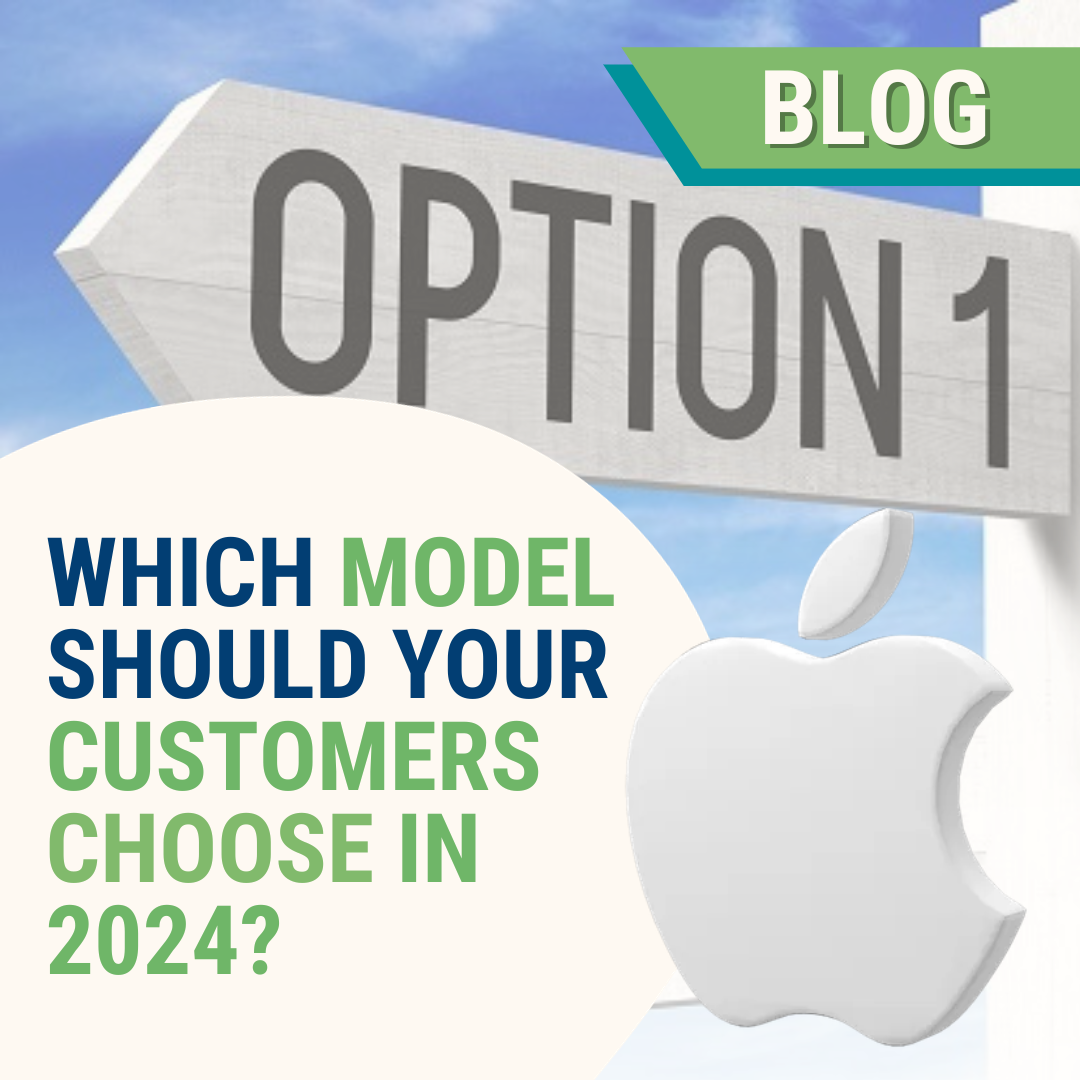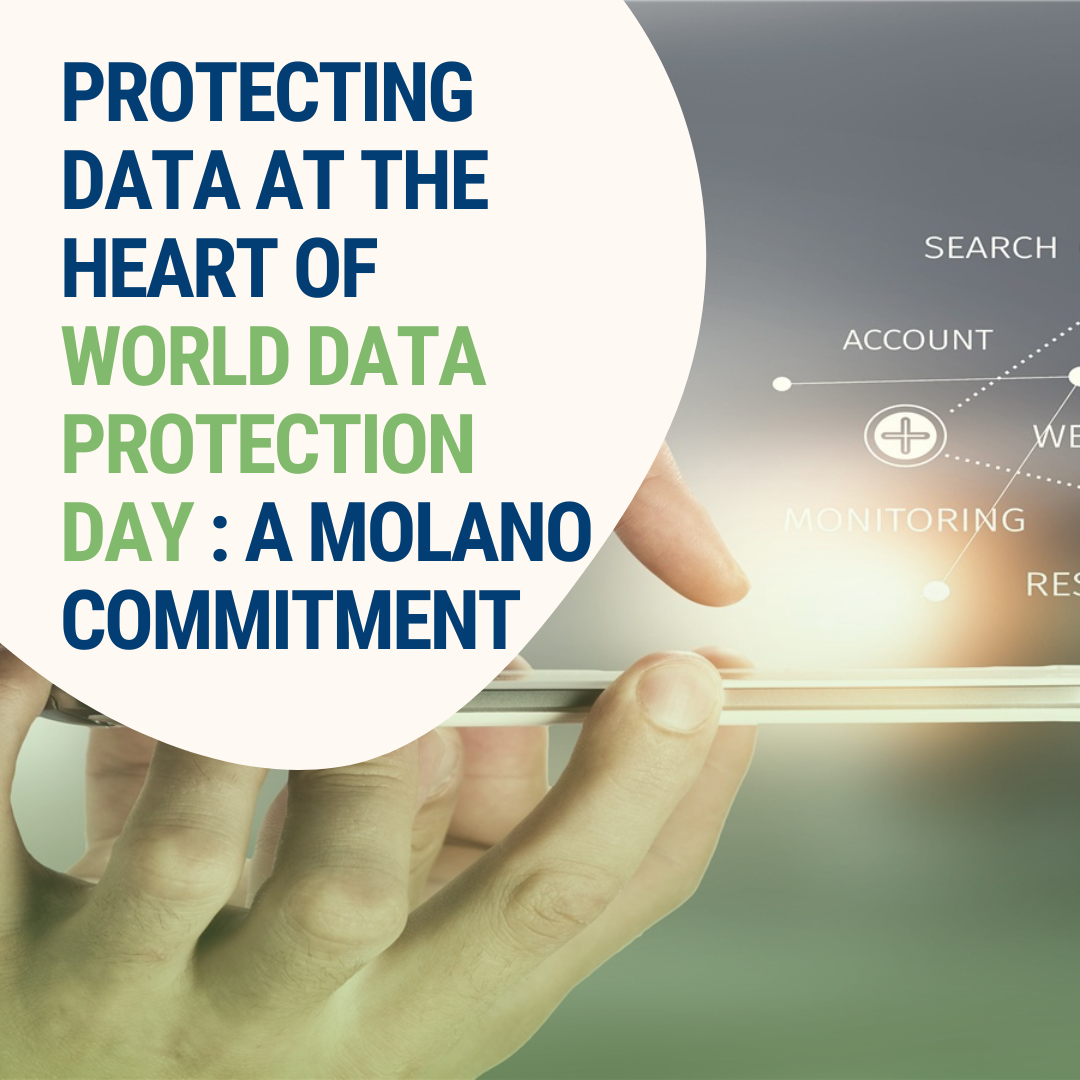iPhone vs Android: Which is the best choice for your business?
Operating systems: iOS vs Android
iOS (iPhone):
- Stability of the iOS operating system
- Fluid user interface
- Tight synchronisation with other Apple products
Android:
- Diversity and customisation offered by Android
- Flexibility for users and developers.
Security and Device Management
iPhone :
- Robust iOS security features, such as Face ID & Touch ID.
- Regular system updates.
Android :
- Variety of security options on Android
- Granular device management for businesses.
Application compatibility:
App Store (iPhone):
- Rigorous application validation process on the App Store
- Quality assurance.
Google Play (Android):
- Flexibility of the Android platform in terms of application development.
Integration with Enterprise Services :
iPhone:
- Integration of iPhones with enterprise ecosystems
- Compatibility with popular applications and services.
Android:
- Android integration solutions
- Collaboration with various enterprise service providers.
Total Cost of Ownership
iPhone:
- High cost of purchasing and maintaining iPhones
Android:
- Some high cost of purchasing and maintaining Samsungs.
- Wide range of device prices.
Productivity and Collaboration
iPhone:
- Built-in productivity-enhancing features, such as tight integration with productivity apps and cloud storage services.
Android:
- Collaboration tools on Android
- Ability to use a diverse range of productivity applications.
Ultimately, the choice between iPhone and Android for your business will depend on your specific needs, your existing technology infrastructure, and the preferences of your users. By carefully evaluating the unique features of each platform, you can make an informed decision that will effectively support your business operations.




Leave a comment
This site is protected by hCaptcha and the hCaptcha Privacy Policy and Terms of Service apply.